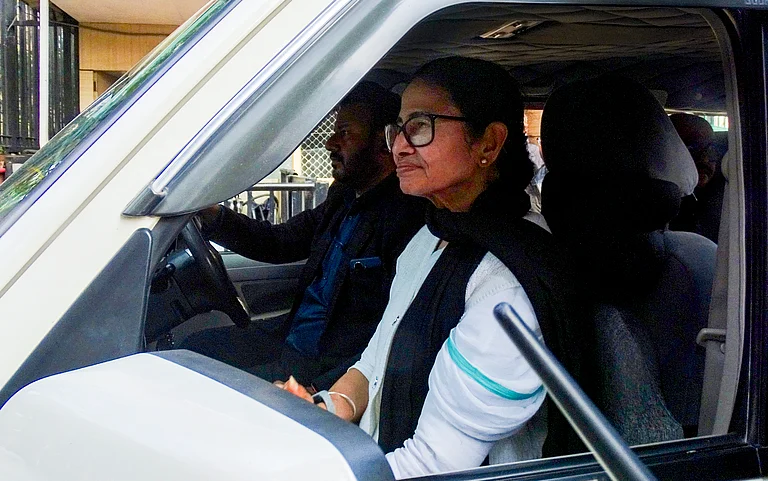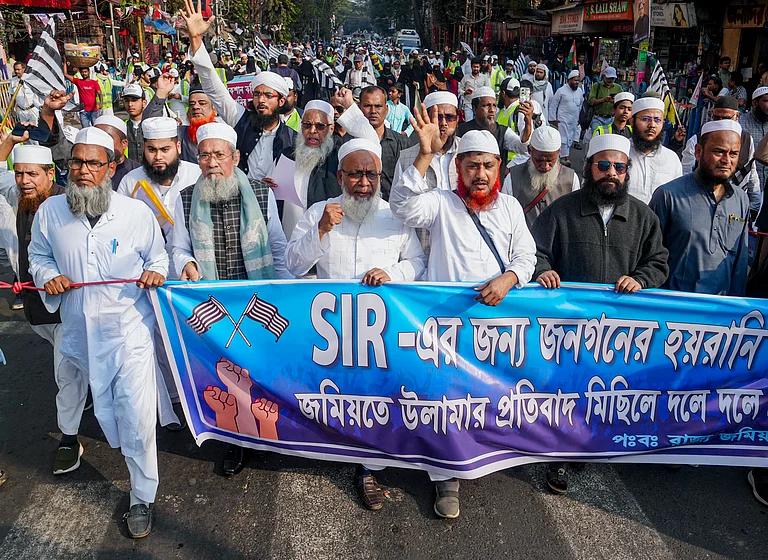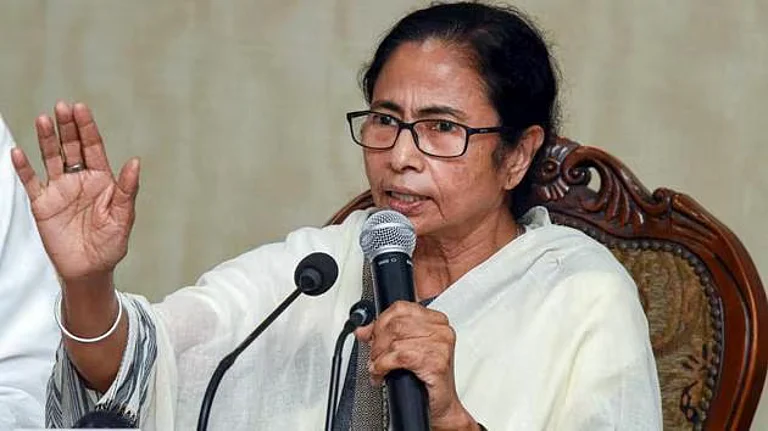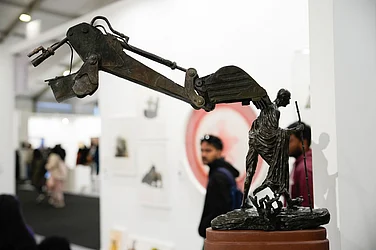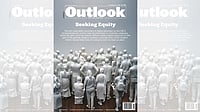The Supreme Court on Monday directed the West Bengal government to submit detailed data on the social and economic conditions of new castes added to the Other Backward Classes (OBC) list and also requested information on the representation of these castes in public sector jobs.
This hearing took place after Calcutta High Court on May 22 struck down the OBC status of several castes in West Bengal granted since 2010, holding as illegal the reservation for them in public sector jobs and state-run educational institutions.
Supreme Court Hearing On Cal HC Verdict
While issuing notices to the private litigants on a plea of the state government against a Calcutta HC verdict, the top court also asked West Bengal to file an affidavit giving details of the consultations, if any, conducted by it and the state's backward classes panel before including 37 castes, mostly Muslim groups, in the OBC list.
A bench comprising Chief Justice D Y Chandrachud and Justices JB Pardiwala and Manoj Misra took note of the submissions of senior advocate Indira Jaising, appearing for the Trinamool Congress-led state government, before issuing notices on the appeal.
Referring to critical remarks made in the judgement, Jaising asked whether the high court was "trying to run the state".
"Issue notice, including on the application of stay (of the judgement filed by the state government). The state of West Bengal shall file an affidavit before this court explaining the process followed for classification of 77 communities as OBCs : (1) the nature of survey; (2) whether there was a lack of consultation with the Commission (state backward panel) in respect of any communities in the list of 77 communities designated as OBCs," said the bench.
The bench also asked whether any consultation was done by the state before the sub-classification of the OBCs.
"The state shall clarify the nature of study relied upon by it (for inclusion of castes in OBC list)," the CJI said, adding it would give an opportunity to the state government to respond to the findings of the high court.
"We will give time till next Monday to file and keep it on Friday (August 16), " the CJI said.
Initially, the state government opposed the suggestion for making the National Commission for Backward Classes (NCBC) a party to the plea.
"This is a political game going on here," the state government said.
Let the NCBC be made a party as it was there in the high court as well, the bench observed.
Jaising said the state itself will implead the central panel in the matter.
At the outset, Jaising assailed the high court verdict and said it was an example of "a complete judicial overreach".
"Why is all this happening? Because these (castes) are Muslims?...We have reports after reports to show that all these communities have been considered. The Mandal Commission criteria have been followed. The State wants to run the state. But if the court wants to run it, then let them," she said.
"The consequence is that the entire state of West Bengal has no reservation (for OBCs). This also affects the NEET (undergraduate medical admissions) in the state. We cannot live with a situation where there is no reservation for OBC. The OBCs are 39 per cent in the state," she said and sought an interim stay on the high court verdict.
Senior advocate Mukul Rohatgi opposed her submissions and said the inclusion of these castes in the OBC list was an "absolute fraud".
He said the present case is "an egregious case" where the quota benefits have been given without any study.
Striking down the list was a radical act as there would be no reservations in the state, the bench orally observed.
Advocate and MP Bansuri Swaraj, appearing for one of the parties, said that the state government, just before the assembly election, had decided to include mostly Muslim castes in the OBC list.
"This sets a strong and dangerous precedent, where the state's politics of appeasement will continue," Swaraj said.
The bench asked the state whether there was any quantifiable data on social and economic backwardness of the castes before their inclusion in the OBC list.
It also asked whether any study was conducted indicating inadequate representation of these castes in government jobs before their inclusion in the list.
"What is there to indicate there was quantifiable data to show the backwardness of the classes?" the CJI asked.
The top court notices were issued to Amal Chandra Das, Nilmadhab Karmakar, Aatmadeep, Purabi Saha and others. They had moved the high court against the inclusion of these castes in the OBC list.
While striking down the OBC status of several classes granted since 2010, the high court had said, "Religion indeed appears to have been the sole criterion" for declaring these communities as OBCs. The high court had said that it is of the view that the "selection of 77 classes of Muslims as backwards is an affront to the Muslim community as a whole."
Maintaining that this court's mind is not free from doubt that "the said community (Muslims) has been treated as a commodity for political ends," the bench had said, "This is clear from the chain of events that led to the classification of the 77 classes as OBCs and their inclusion to be treated as a vote bank."
Passing the judgment on petitions challenging the provisions of the state's reservation Act of 2012 and reservations granted in 2010, the high court had clarified that the services of citizens of the struck-down classes, who are already in service or have availed the benefit of reservation or have succeeded in any selection process of the state, will not be affected by the order.
What Did Calcutta HC Verdict Include?
The high court struck downd 77 reservation categories given between April 2010 and September 2010.
It also canceled 37 reservation categories for Other Backward Classes (OBC) set under the West Bengal Backward Classes Act, 2012.
The court found that the 77 categories were illegal because of issues with the reports recommending them, and the 37 categories were removed due to lack of consultation by the West Bengal Backward Classes Commission.
Additionally, the court overturned an executive order from May 11, 2012, that created several sub-classes. The court stated that these decisions will apply going forward.
(With PTI inputs)








